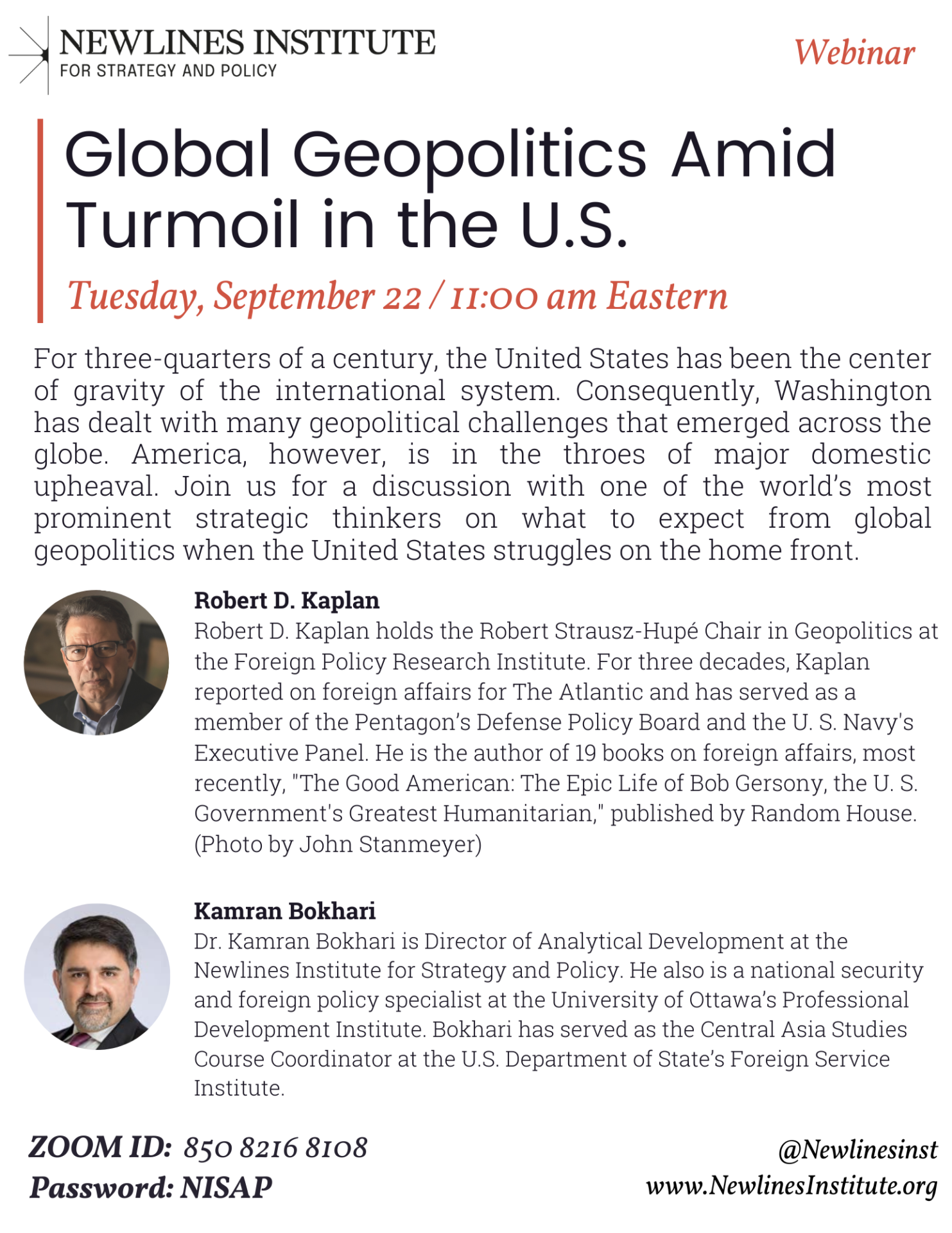Canada Seeks Seventh Rate Cut Amid Global Trade Turmoil And Economic Uncertainty
As the Canadian economy grapples with the uncertainty of global trade policies and economic instability, the Bank of Canada is set to consider its seventh interest rate cut in a year, aimed at stimulating growth and inflation. The central bank's decision will have significant implications for Canadian consumers, businesses, and investors, who are closely watching the economic outlook.
The Canadian economy has been experiencing a slowdown in recent months, with the effects of the COVID-19 pandemic and the ongoing trade tensions between the US and China weighing heavily on the country's growth prospects. In response, the Bank of Canada has cut interest rates three times since July 2019, reducing the benchmark interest rate to 1.75% from 1.5%. The central bank has also reduced the overnight lending rate to 1.25% and the federal funds rate to 1.25%.
Economic Indicators Point to Further Rate Cuts
Several economic indicators suggest that the Bank of Canada may need to consider further rate cuts to support economic growth. The unemployment rate, which has been declining steadily since 2019, reached a 50-year low of 5.2% in January. However, the rate of decline has slowed in recent months, and the Bank of Canada is concerned that the economy may be losing momentum.
Other indicators, such as the manufacturing sales and the Toronto Regional Real Estate Board's sales, have also shown signs of weakness. The manufacturing sales, which have been declining since 2018, fell 0.8% in January, while the Toronto Real Estate Board's sales, which have been rising steadily, slowed to a 2.5% decline in January.
Trade Tensions and Their Impact on Canada
The ongoing trade tensions between the US and China have had a significant impact on Canada's economy. The US-China trade war, which began in 2018, has resulted in tariffs on Canadian steel and aluminum, as well as a decline in trade volumes. The tariffs, which were imposed by the US in May 2019, have affected not only Canadian exporters but also consumers, who have seen prices rise for goods such as electronics and machinery.
The impact of the trade tensions on Canada's economy has been felt across various sectors. The manufacturing sector, which is heavily dependent on exports to the US and China, has been particularly hard hit. The sector's output, which has been declining since 2018, fell 1.4% in January, while employment in the sector declined by 0.3%.
Interest Rate Decision: What to Expect
The Bank of Canada's interest rate decision will be announced on Wednesday, March 18, 2020. The central bank's policy rate, which is the benchmark interest rate for the entire economy, is expected to be cut by 0.25% to 1.5%. The decision will also affect the overnight lending rate and the federal funds rate.
The Bank of Canada has signaled that it will continue to cut interest rates to support economic growth, but the timing and magnitude of the cuts will depend on the economic data. The central bank has stated that it will not hesitate to cut interest rates further if the economy is not growing at a sufficient pace.
Impact on Canadian Consumers and Businesses
The interest rate cut will have significant implications for Canadian consumers and businesses. For consumers, the lower interest rates will mean lower borrowing costs, which will increase their purchasing power and allow them to spend more on goods and services. However, the lower interest rates may also lead to higher inflation, as consumers take advantage of the lower borrowing costs to increase their spending.
For businesses, the interest rate cut will provide much-needed relief. The lower borrowing costs will reduce their interest expenses, which will increase their profit margins and allow them to invest more in their businesses. However, the lower interest rates may also lead to higher competition, as businesses seek to take advantage of the lower borrowing costs to attract customers.
Economic Uncertainty and Global Trade Turmoil
The ongoing economic uncertainty and global trade turmoil will have a significant impact on Canada's economy. The uncertainty, which has been caused by the COVID-19 pandemic and the ongoing trade tensions between the US and China, has resulted in reduced investor confidence and lower economic growth prospects.
The global trade turmoil, which has been caused by the trade tensions between the US and China, has resulted in reduced trade volumes and lower economic growth prospects. The trade tensions, which began in 2018, have affected not only Canadian exporters but also consumers, who have seen prices rise for goods such as electronics and machinery.
Canada's Response to Economic Uncertainty
Canada has responded to the economic uncertainty and global trade turmoil by implementing various policies to support economic growth. The government has announced several measures to stimulate economic growth, including a fiscal stimulus package and a number of infrastructure projects.
The government has also announced several measures to support businesses, including tax cuts and other incentives. The government has also established a number of programs to support Canadian exporters, including a number of trade missions and a trade facilitation program.
Conclusion
The Bank of Canada's interest rate decision will have significant implications for Canadian consumers, businesses, and investors. The central bank's decision to cut interest rates will provide much-needed relief to businesses, while also increasing consumer spending and economic growth. However, the lower interest rates may also lead to higher inflation, as consumers take advantage of the lower borrowing costs to increase their spending. The ongoing economic uncertainty and global trade turmoil will continue to affect Canada's economy, and the government's policies will need to be adapted to address these challenges.
Frequently Asked Questions
- What is the Bank of Canada's interest rate decision?
The Bank of Canada's interest rate decision is a policy statement by the central bank, which outlines its decision on interest rates. - What is the expected interest rate cut?
The expected interest rate cut
Skyes In 2024
Brandonavid Jackson
Matthew Labyorteaux
Article Recommendations
- Gina Wap
- Esownload
- Sondra Blust Fans
- Lisa Liberati
- Megan Frome
- Ben Meiselas Net Worth
- Rebecca Pritchard
- Money6x Online Income
- Bloodhound Lil Jeffeath
- Tobias Menzies



